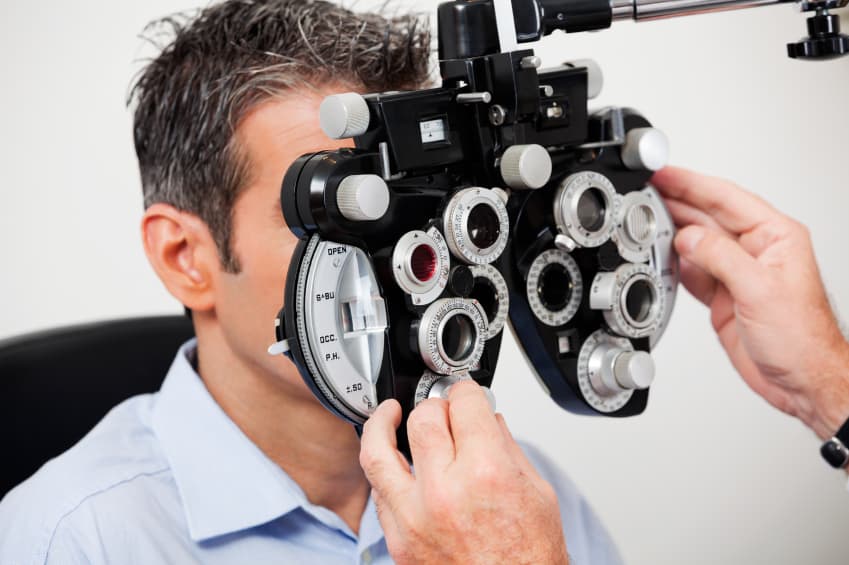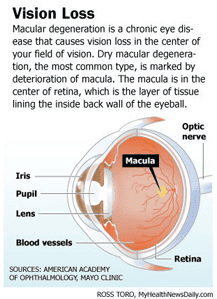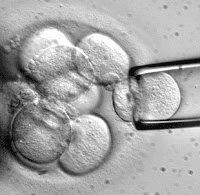 Reduce Macular Degeneration Risk with Mediterranean Diet
Reduce Macular Degeneration Risk with Mediterranean Diet The Mediterranean diet has already shown in many studies to reduce cancer risk and improve heart health. Now, a new study is connecting the diet to a reduced risk for age-related macular degeneration (AMD).





